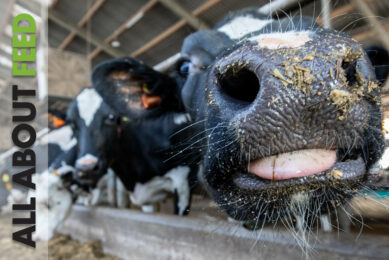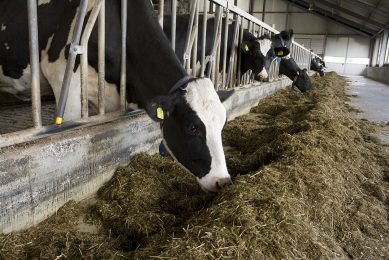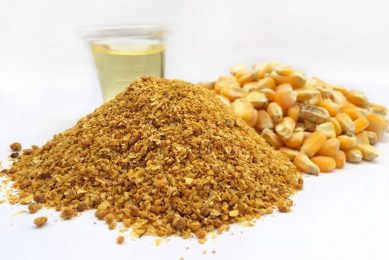Turkey tightens DDGS import regulation
Turkish imports of distiller’s dried grains with solubles (DDGS), which reached a peak of 465,000 metric tons in 2008, have since been hit with a pair of regulatory restrictions.
The more immediate challenge for exporters (mainly USA) is a newly adopted Turkish standard for DDGS that calls for fat levels between 5 and 10%.
At the moment the standard is voluntary, but previous Turkish practice suggests the government will make it mandatory.
So-called “brown” DDGS for the cattle industry may be able to meet the Turkish standard, but “golden” DDGS, which the growing Turkish poultry industry demands, would not.
With 9.5 million cattle, 6.5 million goats, 20 million sheep and a very large, modern poultry sector, Turkey was the fifth-largest importer of DDGS before china came on the market as an importer.
Biotechnology restrictions
Insiders believe the standards issue can be resolved but think biotechnology acceptance is a parallel problem that overrides the standards issue.
Turkey indicated it is trying to emulate European Union policy on biotechnology, a move complicated by media-driven public distrust of all genetically enhanced products.
Turkish feed millers and food and drink associations have applied to the Ministry of Agriculture and Rural Affairs to have 21 biotech corn single events approved as in the EU.











